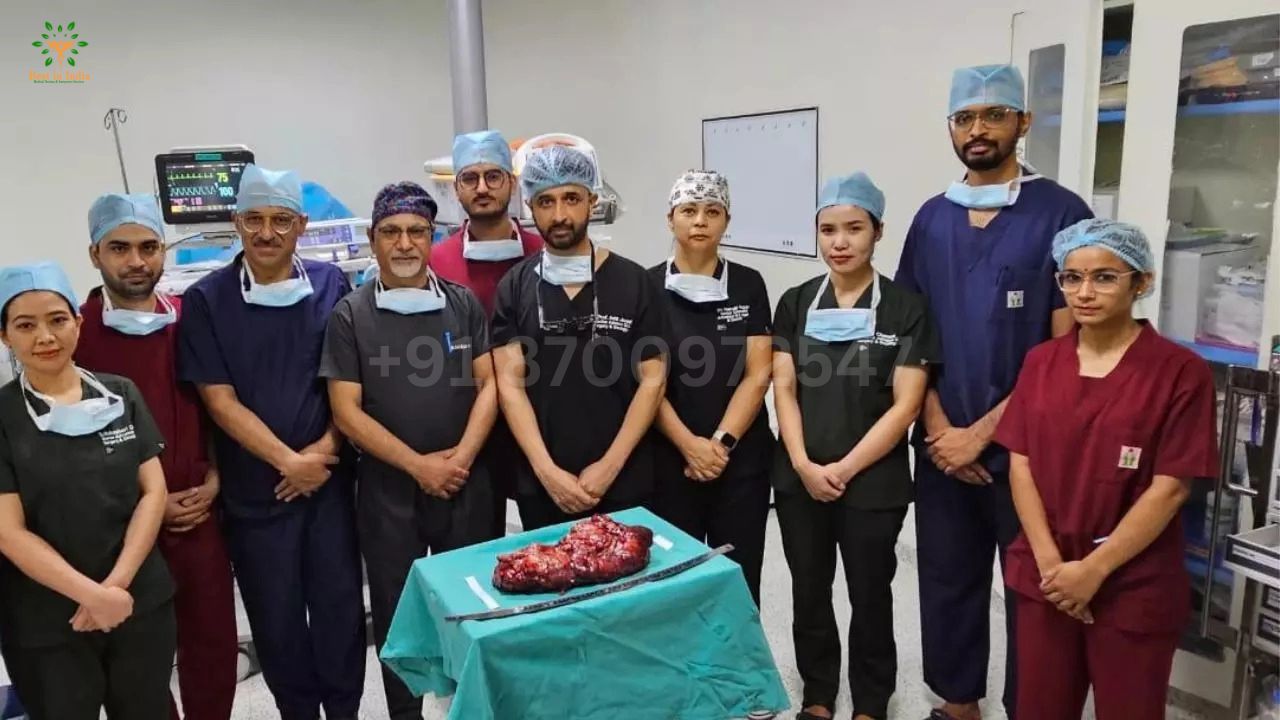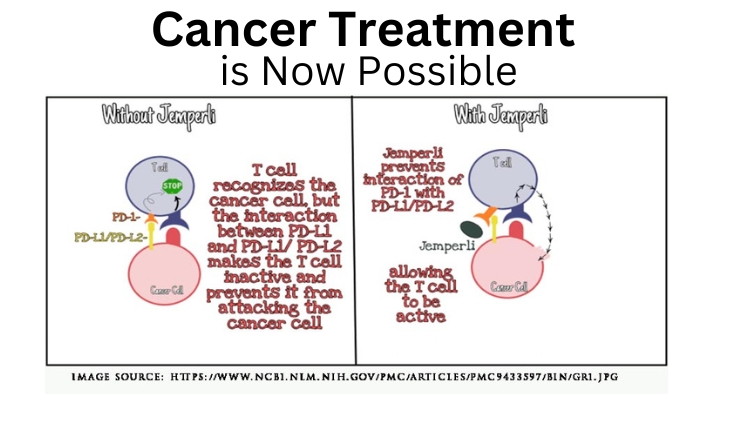
Hope Blooms For Cancer Patients
Hope Blooms: Indian Doctor Declared Cancer-Free After Receiving Indigenous CAR-T Cell Therapy For the hope for cancer patients across India, Dr. (Col) V.K. Gupta, a Delhi-based gastroenterologist, has become the first person declared free of cancer cells after receiving India's indigenously developed CAR-T cell therapy. This groundbreaking treatment, recently approved for commercial use, marks a significant leap forward in the country's fight against the disease. What is CAR-T Cell Therapy? CAR-T, short for Chimeric Antigen Receptor T-Cell therapy, is a revolutionary approach that utilizes a patient's own immune system to combat cancer. T cells, a type of white blood cell, are extracted from the patient, genetically modified to recognize and attack specific cancer cells, and then reinfused back into the body. This personalized army of immune cells then launches a targeted assault on the tumor, offering a powerful and potentially curative option for certain types of cancer. India's Indigenous Success The CAR-T therapy received by Dr. Gupta was developed by ImmunoACT, a company incubated at the prestigious Indian Institute of Technology Bombay (IITB) in collaboration with Tata Memorial Hospital. This "homegrown" solution holds immense significance as it makes this potentially life-saving treatment **more accessible and affordable** for Indian patients. Traditionally, CAR-T therapy has been associated with exorbitant costs, often exceeding millions of rupees. However, the Indian version is significantly cheaper, offering hope to a wider population battling the disease. A Spark of Hope Dr. Gupta's case, though requiring further observation to confirm long-term remission, serves as a powerful testament to the potential of this indigenous therapy. It signifies the remarkable advancements being made in India's medical field and paves the way for more patients to benefit from this potentially life-saving treatment. Beyond Gupta's Case The success of this indigenous CAR-T therapy holds wider implications for the future of cancer treatment in India. It underscores the country's growing scientific prowess and its commitment to developing affordable and accessible healthcare solutions. This advancement can potentially: Reduce the financial burden on cancer patients and their families. Increase access to advanced treatment options for a wider population. Fuel further research and development in the field of immunotherapy in India. While Dr. Gupta's case is a cause for celebration, it's crucial to remember that CAR-T therapy is still in its early stages. Continued research and clinical trials are necessary to refine the technology, improve its efficacy, and expand its reach. Nonetheless, this breakthrough marks a significant step forward in India's fight against cancer, offering a glimmer of hope for countless patients and their loved ones. Links to News Articles and Research Papers: India Today: https://www.indiatoday.in/health/story/patient-declared-cancer-free-using-indian-made-car-t-cell-therapy-2499650-2024-02-09 Max Healthcare: https://health.economictimes.indiatimes.com/news/hospitals/max-healthcare-launches-car-t-cell-therapy-in-collaboration-with-immunoact/105756241 ImmunoACT Website: https://www.immunoact.com/ The New England Journal of Medicine: https://pubmed.ncbi.nlm.nih.gov/29226797/ Interviews: Interviewing Dr. Gupta himself would be fantastic, but if that's not possible, consider reaching out to: Doctors involved in his treatment at Tata Memorial Hospital. Experts in CAR-T therapy from other institutions in India. Representatives from ImmunoACT or IITB for insights into the development of the therapy. Availability and Cost: The therapy, NexCAR19, is currently available in over 30 hospitals in 10+ Indian cities. Check ImmunoACT's website for details on specific hospitals and eligibility criteria. While more affordable than international options, the exact cost might vary depending on the hospital and individual case. Mentioning a range (e.g., significantly cheaper than $480,000 abroad) would be helpful.



